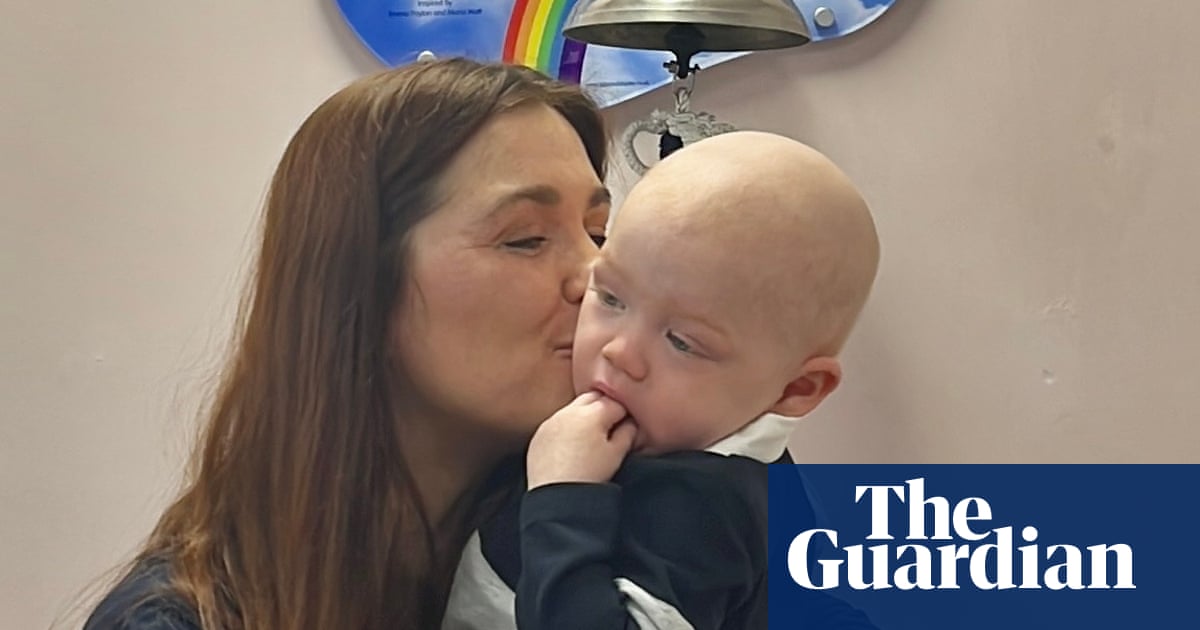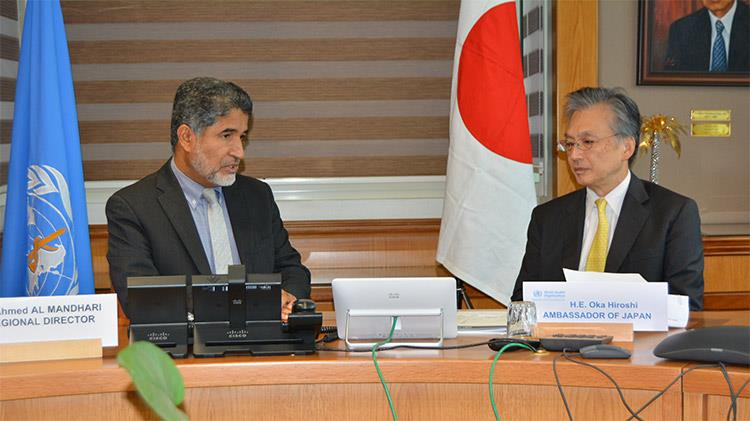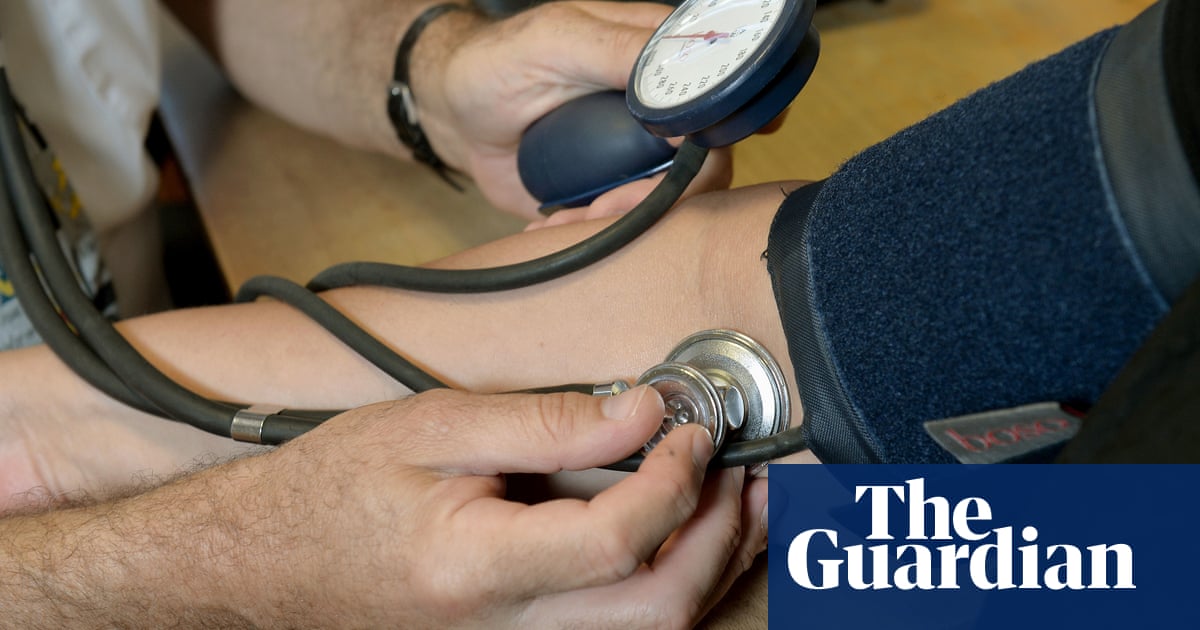
Blood donors in England are now able to contribute to potentially life-saving plasma medicine.
The ban on using plasma from UK donors – brought in to protect against vCJD, the human form of “mad cow disease” – has been lifted to boost stocks of immunoglobulin.
Each year about 17,000 people need immunoglobulin treatment to combat cancer and rare immune diseases and, until now the UK had been relying solely on imports.
Kes Earl, 24, said the treatment had saved her family, and welcomed the change. Her son Trevor, now two, was born with neonatal alloimmune thrombocytopenia.
The antibodies in his mother’s blood were attacking his platelets, putting him at risk of serious internal bleeding. He received urgent immunoglobulin treatment in neonatal intensive care, and Earl later received it herself during her second pregnancy to prevent the same thing happening to her younger son.
The first blood donations to be used in this way will be taken from Tuesday, with the approach being introduced across England over several months.
Eventually, about 250,000 litres of plasma from around a million blood donations each year will be used to make the medicine. NHS Blood and Transplant (NHSBT) said the plasma would bolster supplies of the medicine, after supply pressures were made worse by Covid-19.
“Plasma is the reason I have two healthy little boys that keep me on my toes,” said Earl. “I am so happy that plasma from blood donors is now being used for immunoglobulins, to help make sure there’s enough available.”
Recipients of the medicine were clinically vulnerable people who had been shielding during the coronavirus pandemic, NHSBT said.
Specific donations of blood plasma began in April, but from Tuesday the first of England’s 770,000 blood donors will begin their contribution, with the first such donations due to be taken at Manchester Norfolk House blood donor centre, and by mobile blood donation teams covering Liverpool, Taunton and Bath.
The minister for innovation, Lord Bethell, described it as a “historic day for the future of blood donations in the UK”.
While most of a person’s blood is made up of plasma – the fluid which carries the red blood cells, antibodies and other components around the body – generally it is only the red blood cells which are used in a normal blood transfusion. Most of the leftover plasma – which contains antibodies that fight infections – was not used for patient treatment and none could be used for this immunoglobulin medicine until now. Red blood cells would continue to be used as normal so there would be no impact on blood supply, NHSBT said.
Gerry Gogarty, the lead for plasma for medicines at the organisation, said the development would improve long-term supplies of immunoglobulin medicine, adding that each generous blood donation would go even further in helping to save lives.
“This is a huge new step forward for the wider NHS and the thousands of people who rely on immunoglobulins,” Gogarty said.












